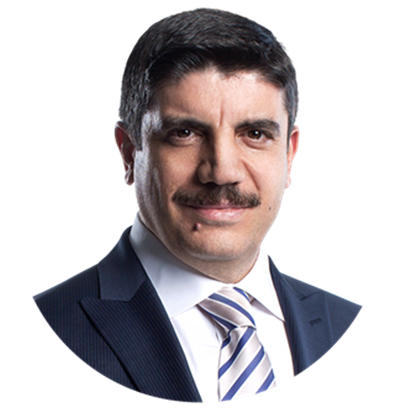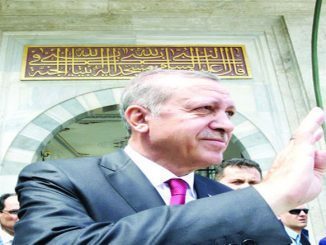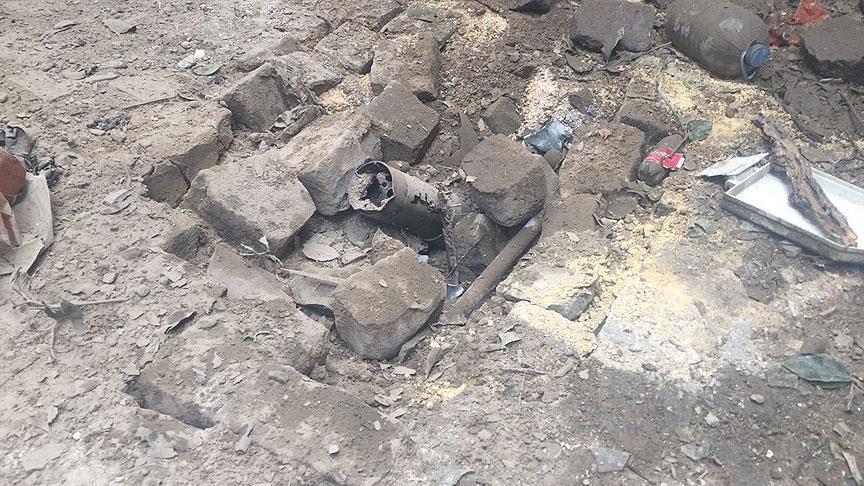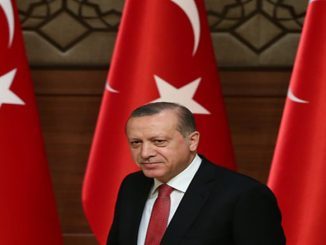
By: Dr. Yasin Aktay
The coup attempt on the night of July 15 has placed an interesting picture in front of us. While the Turkish people, men, women and children, stood against tanks, warplanes and guns on the night of the coup, certain groups sat back and watched (some watched hopefully). Some of chose to resort to the “we had told you” conformism and started to blame the government for what had happened. While we were supposed to wait to evaluate the issue, some Socialist intellectuals had their data ready and started to interpret the situation (some, of course, are exceptional like Roni Marquiles.)
Socialists in Turkey have always used their oppositional stance against coups. When military boots started to cloud democratic institutions, we saw that the socialists who hit the streets every time for issues like the Gezi Park trees or the LGBT protests stood clear of the streets this time. Thus, the night of July 15 is a night of shame for Turkish socialists.
Turkish socialism has done nothing more than use military coups to portray themselves as victims. For example, May 27 was a military movement during the 1960s which the Turkish socialists protected as their own pride and honor. We can probably say that Turkish socialism was born from the May 27 coup.
Yes, March 12 crushed socialists indeed, yet Turkish socialists used this drama to market themselves. These socialists did not physically stand against the Sept. 12 and Feb. 28 coups. For example, we did not see any socialist intellectuals in the front lines when the military intervened in politics. We did not see any socialist intellectual stand in front of a tank or climb on top of one when their habitus was touched.
The socialists didn’t display a different reaction during the July 15 coup attempt. They did not feel ashamed when they saw the group they looked down upon (because that group was the supporter of a leader they disliked) climb on top of tanks. We would have expected them to act according to their speech, but instead they chose to analyze why the coup was unsuccessful.
For example, the great “socialist” who even touched upon the Gezi Park incidents in his book on the comparison of Russian and Turkish literature, Murat Belge, made the following analysis just after the coup attempt: The coup was unsuccessful, [President Recep Tayyip] Erdoğan will become more powerful. Belge’s logic and analysis make the following assumption possible: Belge would rather have a military coup than have Erdoğan become more powerful.
Or, maybe we can take a look at another socialist intellectual, Tanıl Bora. Bora, a socialist who is sensitive about political and social issues to the extent that he declared the Amed Sportif team the champion of the Super League in Turkey, was fuming in his article titled “Courtesy” on Birikim magazine’s website over a Peoples’ Democratic Party (HDP) representative being denied the chance to speak after the July 15 coup, forgetting to even mention what happened on the night of the coup. He knowingly chose not to speak about the night of the coup.
For example, Bora did not give the same reaction he gave during the Suruç or Ankara bus station incidents after the Ankara and Istanbul Kurdistan Workers’ Party (PKK)-Kurdistan Freedom Falcons (TAK) attacks. Besides finding this attitude odd, it is possible to believe that there is an underlying ideology. Well, how can we evaluate his silence after last week’s coup attempt? Is his silence due to his staying home while he was supposed to be in the front lines of the anti- coup movement? Or is it because the “group” he always looked down upon was in the leading role of the night? Or can we say Bora is one of those people who prefers a coup over Erdoğan?
Another socialist, Ömer Laçiner, chooses to portray the beating of the coup his own merit. This is what he says in his article:
“There is certainly no need for the AKP opposition segment devoted to democratic and civilized values, that passed the quite serious ‘democracy despite everything’ test on July 1 with dignity and success, to be concerned or worried that Erdoğan will increase his power through this.”
If we did not know who Laçiner was, we would have thought that he was one of those who tried to negotiate on the Bosporus Bridge or one of the people who took back the TRT building. However, there can be two options to what Laçiner was doing on the night of the coup. He either withdrew an important amount of money from the automatic teller machine and went to buy a bulk of food like pasta and bulgur, or he sat at home eating sunflower seeds while watching the coup on television.
Our so-called socialists, normally known as our nervous intellectuals, have not been seen doing anything other than the above two options during any coup.



